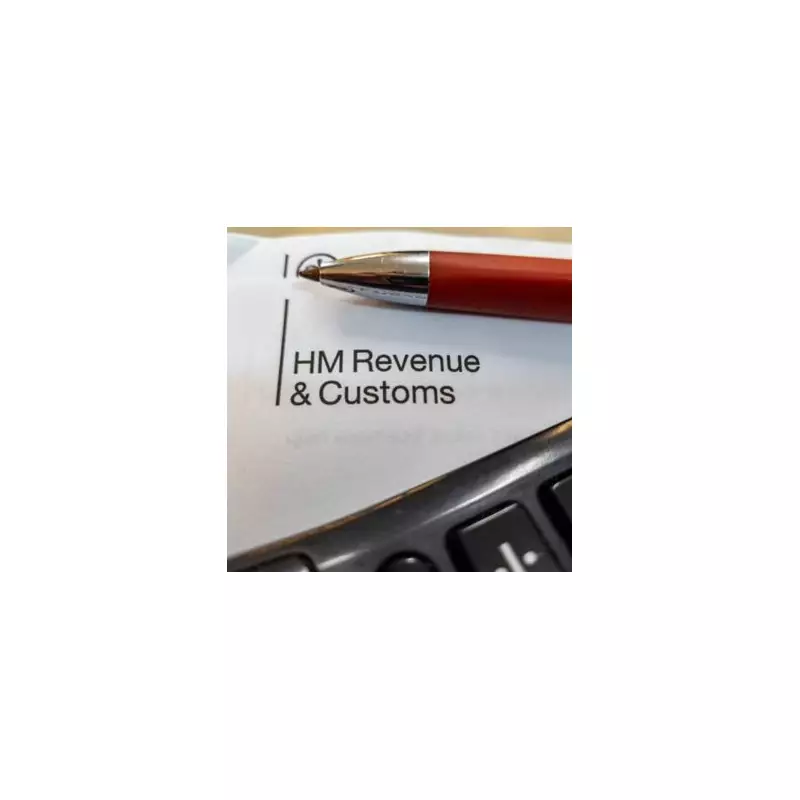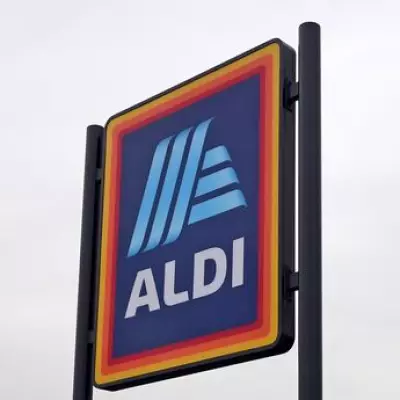
In a sweeping digital transformation of the UK tax system, HM Revenue and Customs is set to roll out the next phase of its Making Tax Digital initiative in 2026, affecting millions of self-employed individuals and landlords across the nation.
The Digital Tax Takeover: What's Changing?
Come 2026, the traditional self-assessment tax return will become a thing of the past for most business owners. The new rules will mandate digital record-keeping and quarterly submissions for anyone with annual business or property income exceeding £50,000.
This represents a fundamental shift from the annual tax return process to a continuous digital dialogue with HMRC. The changes are designed to reduce errors, streamline reporting, and bring the UK tax system firmly into the 21st century.
Who Will Feel the Impact?
The expansion will capture approximately 4.3 million taxpayers initially, including:
- Sole traders with business income over £50,000
- Landlords with property rental income exceeding the threshold
- Partnerships where all partners are individuals
Those earning between £30,000 and £50,000 will follow suit in 2027, bringing another 1.7 million taxpayers into the digital fold.
Essential Preparation Steps for Businesses
With the 2026 deadline approaching, businesses should consider these crucial preparation steps:
- Evaluate your current systems - Assess whether your existing accounting methods meet digital requirements
- Research compatible software - Identify HMRC-approved applications that suit your business needs
- Plan for training - Ensure you or your staff understand how to use digital tools effectively
- Budget for transition costs - Account for potential software subscriptions and implementation expenses
The Bigger Picture: HMRC's Digital Vision
This expansion forms part of HMRC's broader strategy to create one of the most digitally advanced tax administrations globally. The move follows the successful implementation of MTD for VAT, which has already transitioned over 1.6 million businesses to digital reporting.
"The digital transformation of our tax system is inevitable and necessary," says a tax policy expert. "While it presents challenges for some businesses, the potential for reduced errors and simpler compliance is significant."
As the countdown to 2026 begins, UK businesses have a crucial window to prepare for this fundamental change in how they interact with the tax system. The message from experts is clear: start planning now to ensure a smooth transition to the digital future of tax.





